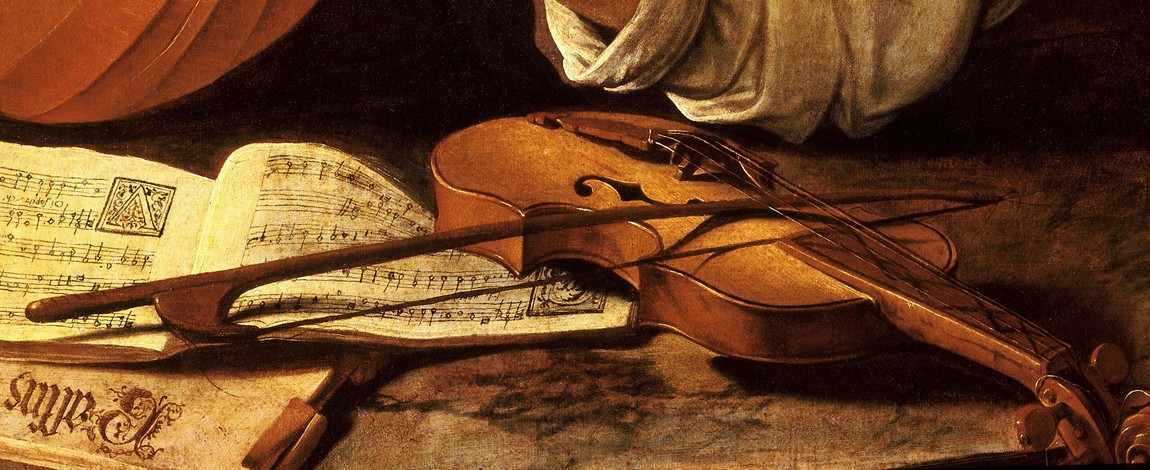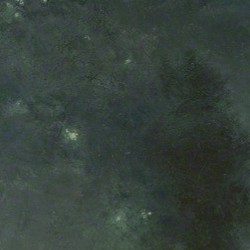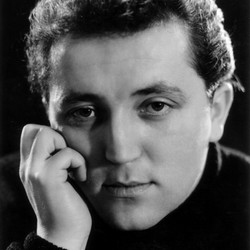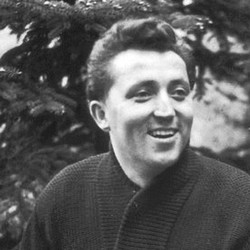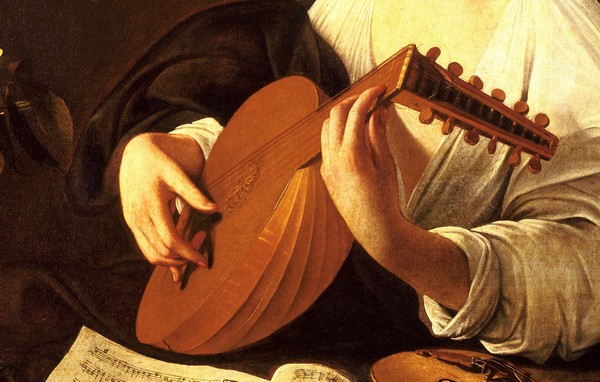
All the ingredients of a serenade are found in An die Laute [To the lute]: a warm, fragrant night with moonlight; a woman in her room, and a man beneath the window who wants to tell her his love. However, in the poem, the man does not address the woman, but instead his lute. The lute is the vehicle for the love message and it must be persuasive… and discreet. Music must reach her, and only her; the neighbours must not hear the serenade because they are jealous. In the last verse, the lover's voice insists on this: the neighbours cannot hear the lute. And we, the readers, can imagine what would happen if an envious person knew sensitive information. Could it be she is engaged to someone else? Or, even worse, is she married to someone else?
Johann Rochlitz wrote this poem in 1803, and it was published two years later in a collection called Glycine. In 1822, it was republished, with some variations, in an anthology of poetry, and that's how Franz Schubert discovered it and set it into music in January 1827, immediately after setting into music two other poems by Rochlitz : Alinde, which we talk about a while back, and Zur guten Nacht, a drink song for voice, male chorus and piano. All three pieces were immediately released as opus 81.
An die Laute is a delightful, pure strophic lied, with a lovely melody inviting dancing, and an accompaniment in which the piano, as we can expect, recalls a lute. The score indicates the tempo “etwas geschwind” [somewhat quick]; it is ambiguous enough for generating disparity in the chosen tempo, but the truth is that most recordings are aligned, they last around a minute and a half. There are some versions, however, which are much slower, such as the one I am proposing to you today; it is worth saying that, at least in this case, this does not take a single bit of charm, and adds a lyricism that we rarely find in this lied.
It is one of the two recordings of this song by Fritz Wunderlich that are preserved (as far as I know). The first is in the studio and the second, which I suggest, is live; tenor and Hubert Giesen included An die Laute in Schubert's Lieder group in a recital at the Salzburg Festival in 1965; the program also included Beethoven's Lieder and Schumann's Dichterliebe.
This was Wunderlich's first song recital at the Festival, but it was his fourth year singing there. His debut was in 1959, at the age of twenty-nine, in Strauss's Die schweigsame Frau conducted by Karl Böhm; that summer he also sang in a concert of sacred works by Mozart and Haydn and in Franz Schmidt's oratorio Das Buch mit sieben Siegeln. The following year, he returned to Salzburg to perform The Magic Flute under Joseph Keilberth, and he also performed in a concert under Herbert von Karajan, featuring works by Mozart and Bruckner. In 1961, he performed Die Entführung aus dem Serail under Istvan Kertesz. He still gave a second song recital at the Salzburg Festival in 1966, a few weeks before he died.
I'm leaving you with An die Laute, performed by Fritz Wunderlich and Hubert Giesen. Next Sunday will mark fifty-seven years since the death of the great tenor, and we remember him gratefully on Liederabend, as we do every year.
Leiser, leiser, kleine Laute,
Flüstre, was ich dir vertraute,
Dort zu jenem Fenster hin!
Wie die Wellen sanfter Lüfte
Mondenglanz und Blumen düfte,
Send es der Gebieterin!
Neidisch sind der Nachbars Söhne,
Und im Fenster jener Schöne
Flimmert noch ein einsam Licht.
Drum noch leiser, kleine Laute:
Dich vernehme die Vertraute,
Nachbarn aber, Nachbarn nicht!
More softly, more softly, little lute,
whisper what I have confided
to that window there!
Like a gentle billow of air,
like moonlight, or the scent of flowers,
send it to my mistress!
The sons of the neighbours are jealous
and in the window of my fair one
a solitary light still gleams.
So play still softer, little lute,
so that my beloved may hear you
but the neighbours - not the neighbours!
(translation by Emily Ezust)


